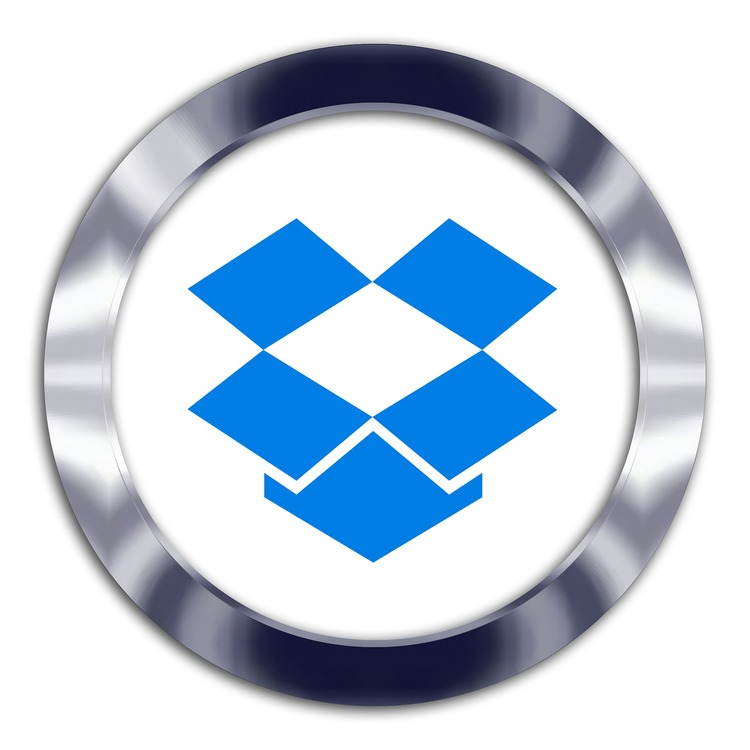Cloud storage: How secure are Dropbox, OneDrive, Google Drive and iCloud?

Cloud storage is the future of information logistics – but how secure are these cloud storage sites?
If you were to be influenced purely by the more tabloid of tech publications, with headlines screaming about hacked databases, compromised passwords and secret service data probing then you wouldn't touch the cloud with a bargepole.
Truth be told, cloud services are not as insecure as the occasionally screaming headlines make out. In fact, there's much to be said for the argument that Dropbox, iCloud, Google Drive and OneDrive have both the money and motivation to make their data stores much more secure than you could hope to achieve on your meagre budget yourself.
How secure is Dropbox?
Dropbox has survived security scares and hardened its security posture accordingly
Dropbox dropped the ball back in 2012 as far as security was concerned when it admitted that a compromised password had been used to access an employee Dropbox account which gave access to a document containing some user email addresses which then got spammed.
Stored data was never at risk though, but it served as a wake-up call as to how reputational damage can impact a cloud business. Since then Dropbox has upped its game on the login front, with optional two-step verification (via text message or Time-Based One Time Password apps) adding an extra layer of security to user accounts.
Like most cloud services, Dropbox employees cannot view the content of the files you store but can access metadata if they need to in order to provide tech support for instance. Dropbox makes it clear, however, that a small number of employees can access stored files if required to for legal reasons.
Data in transit is encrypted using Secure Sockets Layer (SSL) and at rest using AES-256 bit encryption to which Dropbox holds the keys. Lost or stolen devices can be easily 'unlinked' from your account to further mitigate the risk of unauthorised access.
The business version, Dropbox Pro, adds an ability to enable viewer permissions for collaborative usage and set both passwords and expirations for shared links which hardens the security posture for power users.
How secure is iCloud?
Two-step verification is a must-have for any security-aware cloud user
Although Apple iCloud came under fire in 2017 when hackers apparently stole photos of celebrities and published them online, this was less a case of iCloud being insecure and more a case of those celebs getting their AppleID passwords compromised through successful phishing attacks elsewhere.
In fact, Apple has a pretty good reputation when it comes to security across its devices, but how does that translate into cloud services?
Well, Apple says that data is encrypted both in transit (using SSL) and at rest on the server. Rather than using AES-256 bit encryption everywhere, however, it uses "a minimum of 128-bit AES" which is considerably less secure. The only thing that I can see where 256-bit is employed is for the iCloud keychain (used to store and transmit passwords and credit card data, also employing elliptic curve asymmetric cryptography and key wrapping which is good) so have to assume all other data is protected by weaker encryption which is not particularly encouraging.
The iCloud keychain encryption keys, however, are created on your own devices and Apple can't access them. Apple says it cannot access any of the core material that could be used to decrypt that key data and only trusted devices that you have approved can access your iCloud keychain.
Secure tokens are used for authentication when accessing iCloud from other Apple apps (such as Mail and Calendar) and there is optional two-step verification (which can be turned on at https://appleid.apple.com/account/home) via text message or device generated code for making changes to account information or signing into iCloud from a new device.
How secure is Google Drive?
One account shall access them all – so securing your login is paramount
Google has also fallen victim to the password compromise security scares that impact on so many services. Last year it was claimed that nearly 5 million Gmail accounts had been hacked when a database was dumped on a Russian security forum.
Because Google Drive uses the same Google account for login as Gmail, the danger was that everything was compromised as a result. It turned out, however, that the dump was of old phished passwords and at most 2% may have worked – but were all reset by Google anyway.
What this illustrates is how much of the security of a service such as Google Drive, which uses a single account to access multiple services, depends on the user protecting that login. Google now uses HTTPS on all of its services, which is to be applauded, and also implements 'internal measures' to look out for potentially compromised account login activity.
In addition, Google offers two-step verification like the other services mentioned here. As for your data itself, this is encrypted in transit (to and from your device, and also between Google data centres) using SSL but only stored at rest using 128-bit AES like iCloud.
source itpro
Industry: Cyber Security & Cloud Computing
